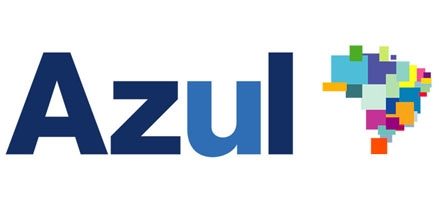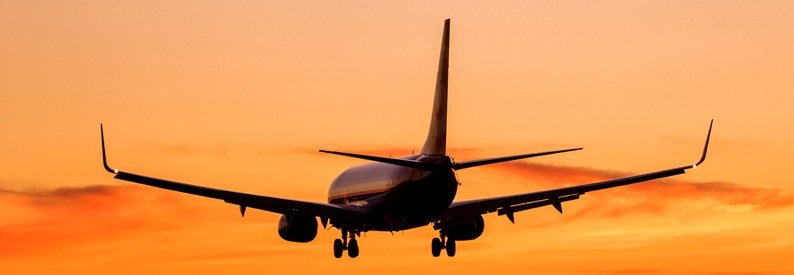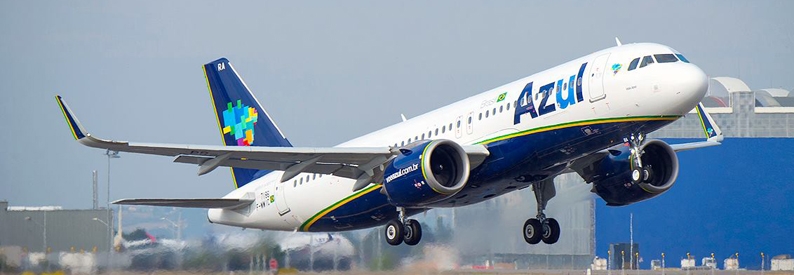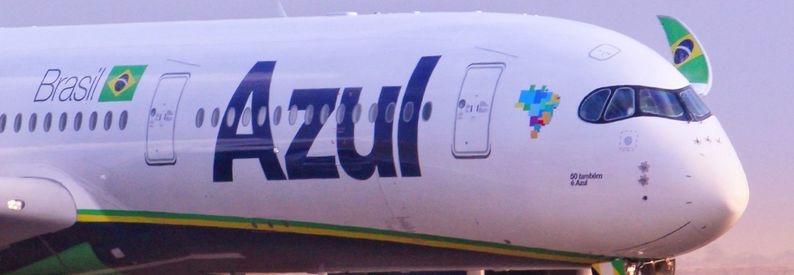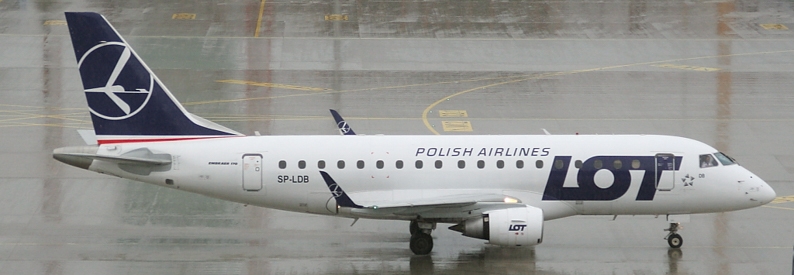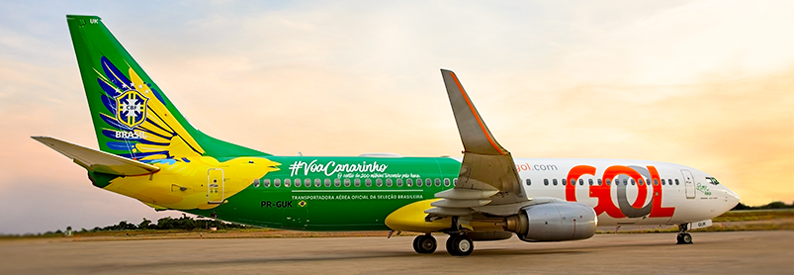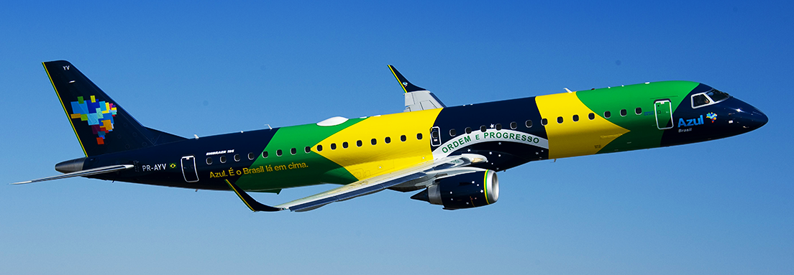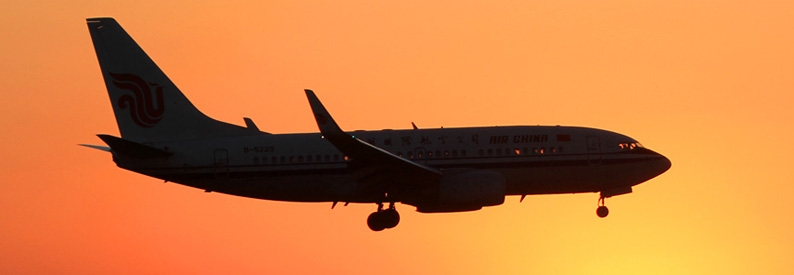The Brazilian government has deferred implementing its Regional Aviation Development Program (Programa de Desenvolvimento da Aviação Regional - PDAR) as part of public spending cuts. The PDAR seeks to promote the development of routes to underserved local towns and cities through government subsidization.
Sources in the Brazilian government that spoke to Bloomberg news on condition of anonymity said the country's National Aviation Fund (Fundo Nacional de Aviação Civil - FNAC), the PDAR's source of finance, will instead be used to meet a budget surplus target, before interest payments, of 1.1% of gross domestic product. The newswire says that through cuts in public spending Brasilia is attempting to revive investor confidence while avoiding a credit-rating downgrade.
The PDAR was to have availed up to BRL1 billion (USD319 million) in fuel subsidies to carriers serving up to 270 local aerodromes that handle up to one million passengers per annum while limited to 60 seats per flight or 50% of total seats offered. The amount of the subsidy was to have varied by airport served with routes serving smaller or more isolated destinations to receive greater funding.
Minister of Civil Aviation, Eliseu Padilha, announced late last month that of the 270 eligible airfields, 55 have so far been approved for PDAR funding.
It is uncertain how the deferral will impact Azul Linhas Aéreas Brasileiras (AD, São Paulo Viracopos), TAM Linhas Aéreas (São Paulo Congonhas), and GOL Linhas Aéreas Inteligentes (G3, São Paulo Congonhas) all of which have expressed an interest in the PDAR and which have either placed orders or are in the process of doing so with manufacturers such as Embraer (EMB, São José dos Campos Professor Urbano Ernesto Stumpf), ATR - Avions de Transport Régional (EVX, Toulouse Blagnac), and Bombardier Aerospace (BBA, Montréal Trudeau).
